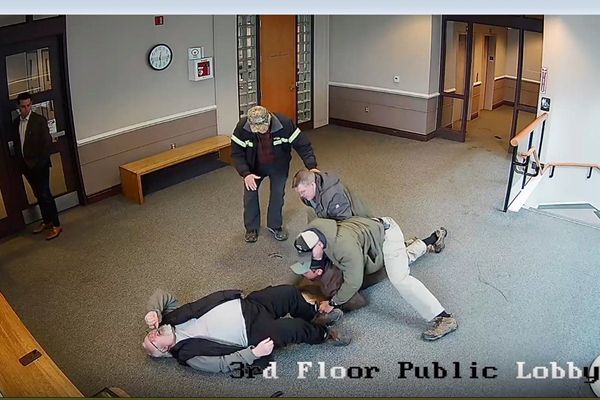
Tomorrow’s sentencing of Lucy Letby for the murders of seven babies and the attempted murder of six others at the Countess of Chester hospital will provide only one form of judicial ending to this harrowing case. In the process Letby, who has steadfastly maintained her innocence, has become our worst child serial killer since the days of Mary Ann Cotton, who was hanged in 1873, and Amelia Dyer, a “baby farmer”, who suffered the same fate in 1896.
Like Letby, Cotton and Dyer trained as nurses, but while these Victorian murderers were killing for money it’s unlikely that we will ever gain any definitive understanding of Letby’s motivation. So, in that sense, we only have a partial criminological ending to accompany the court’s legal conclusion.
In all of this Letby conforms to what we know more generally about serial killers – murderers who kill three or more victims in a period of longer than 30 days – but also confounds what we currently understand about nurses who murder in a hospital setting.
Like most of the serial killers I have worked with and studied, Letby has been silent about what might have driven her to kill. In that respect she is like our worst British serial killer, Dr Harold Shipman, who also maintained his innocence and refused to accept any responsibility for the deaths of at least 215 of his often elderly female patients. It really is only in TV drama or on film that such murderers want to discuss what might have motivated them – usually to help with plot development and allow the central character to impress us with their ability to “enter the mind of a serial killer”.
Shipman is a case in point. Even after an exhaustive inquiry by Dame Janet Smith, which reported in 2002, she had nothing much to say on the motivation question. Smith admitted that neither she nor her team could “gain any real insight into Shipman’s character” and had been unable to “attempt any detailed explanation of the psychological factors underlying Shipman’s conduct”.
Shipman was popular in the community in Hyde, Greater Manchester, where he practiced, and was seen by most as a trusted and “old-fashioned” doctor. When he was first arrested and charged his patients even set up a fund to pay for his legal expenses. The disbelief that such a popular doctor could also murder his patients is perhaps the fault of yet another media cliché, where serial killers are dysfunctional loners and frankly so odd that they might as well have horns on their heads and a long, pointed tail. If only it were that easy.
Letby was popular with her colleagues too. In the main – a few exceptions notwithstanding – she didn’t make them feel uneasy and seemed competent and somewhat quiet. One of the lead detectives who worked on the case described her as being “beige”. This is perhaps why she was able to escape detection for as long as she did, despite the efforts of a couple of paediatric consultants.
She simply did not display the “red flags” we have come to associate with nurses who kill within hospital settings, such as appearing depressed, having a personality disorder, becoming obsessed with serial murder, being found in possession of legal and illegal drugs, or behaving inappropriately around the families of the patients she was responsible for.
Yes, there were spikes of deaths that corresponded with her shifts, but hospitals are places where people with severe health issues are located and sadly some of those patients will die. A spike in a number of deaths on a unit or a ward can simply be a random occurrence and does not have to be an indication that a serial killer is active.
We now know that what was happening in the neonatal unit in Chester was not random but was indeed the work of a murderer.
So why did she do it?
We might never be able to answer this question definitively, but like many of those nurses who have been convicted in the past 50 years there was probably a “hero complex” at work – a desire to be the centre of everyone’s attention; a toxic narcissism that demanded that they should have power and control, which they might have felt had been denied to them in other aspects of their lives. And what better way of demonstrating that power than deciding who should live and who should die?
Not so much an “angel of death” but God-like – the ultimate arbiter of existence.
David Wilson is emeritus professor of criminology, Birmingham City University and co-author of In Search of the ‘Angels of Death’: Conceptualising the Contemporary Nurse Healthcare Serial Killer, Journal of Investigative Psychology and Offender Profiling.
Do you have an opinion on the issues raised in this article? If you would like to submit a letter of up to 250 words to be considered for publication, email it to us at observer.letters@observer.co.uk







